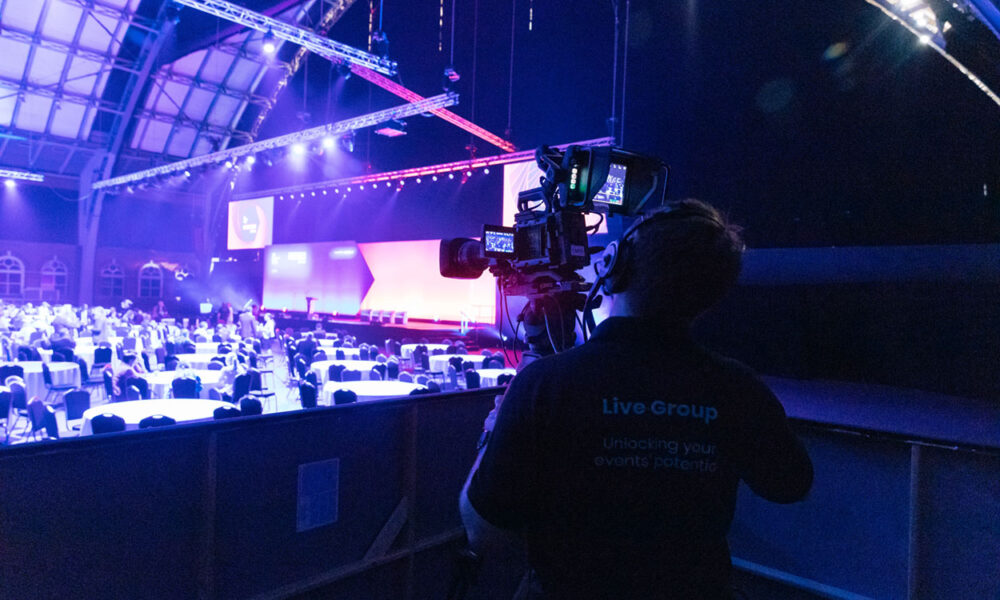Event production is an intricate art that demands a deep understanding of logistics, creativity, and adaptability. Scaling successfully requires careful planning, the right resources, and a keen eye for details. In this blog, we explore the essential steps and considerations for adapting from intimate gatherings to grand stages.
Define Your Objectives
Before you embark on the journey of scaling your event production, it’s essential to define your objectives clearly. What is the purpose of your event? Are you looking to expand your audience, generate more revenue, increase your event’s impact? Understanding your goals will guide your decisions throughout the scaling process.
Budgeting and Financial Planning
One of the first challenges you’ll face when transitioning from intimate gatherings to grand stages is the financial aspect. Large-scale events come with higher costs for venue rental, equipment, marketing, and staffing. Create a comprehensive budget that considers all these elements and allows for contingencies to ensure financial stability.
Venue Selection
Selecting the right venue is crucial when scaling your event. Ensure that it can accommodate the increased number of attendees comfortably and provide the necessary facilities and infrastructure. Accessibility, location, and local regulations should also be taken into account.
Event Technology
Leveraging technology is a key component of scaling events. Consider advanced audio-visual equipment, mobile apps for attendee engagement, and live streaming capabilities for remote participants. Embrace innovative event technology to enhance the overall experience.
Marketing and Promotion
Promoting large-scale events requires a more extensive marketing and communications strategy. Invest in a mix of online and offline channels to reach a wider audience. Internal communications, social media, email campaigns, and partnerships with relevant influencers can help maximise your reach.
Event Design and Theming
Designing a big event involves a more complex approach to event theming. Engage with professional event designers who can create immersive experiences for your attendees. A cohesive theme that extends to every aspect of the event, from decorations to catering, can leave a lasting impression.
Scalable Infrastructure
When transitioning to larger events, you’ll need a scalable infrastructure to handle increased demand. This includes registration systems, ticketing platforms, and on-site technology. Choose systems that can adapt to growing attendee numbers without causing bottlenecks.
Event Security and Safety
As your event scales up, security and safety become even more critical. Implement a robust security plan, including crowd control measures, emergency response protocols, and thorough background checks for staff and vendors.
Event Staffing
Scaling your event may require additional event staff, from ushers and security personnel to technical crew and event coordinators. Ensure you have a well-trained and efficient team to manage the increased workload.
Post-Event Evaluation
After the event, evaluate its success and gather feedback from attendees. What worked well, and what could be improved? Use this information to refine your strategies for future large-scale events.
Conclusion
Scaling event production from intimate gatherings to grand stages is a challenging but rewarding endeavour. With careful planning, a clear vision, and a commitment to adaptability, you can achieve your event objectives and create memorable experiences for your attendees. The journey from small to grand is a learning process, and each event will bring valuable insights that can be applied to future plans.





